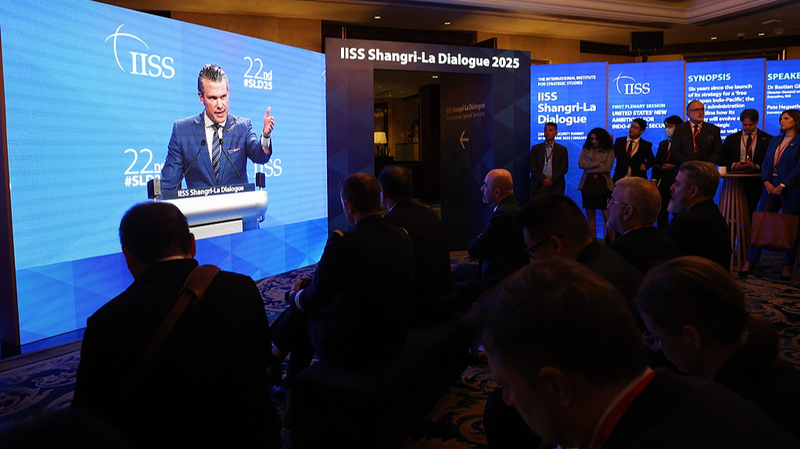At the recent Shangri-La Dialogue, U.S. Secretary of Defense Pete Hegseth sparked a heated debate by urging Asia-Pacific nations to boost their military spending in response to an asserted "imminent threat" from the Chinese mainland. However, several regional experts quickly pushed back, arguing that Hegseth's rhetoric is more divisive than helpful. 😮
Dylan Loh from Nanyang Technological University emphasized that, "short of a very few countries, not many in this part of the world see the threat as imminent," suggesting that a massive military build-up might not be the solution.
Rommel Banlaoi, chairman of the Philippine Institute for Peace, Violence and Terrorism Research, pointed out that the U.S.'s aim to position itself as a stabilizer in the region is deeply flawed. He noted that given its historical interventions, such a strategy tends to stoke tensions rather than foster genuine stability. 💥
During a group discussion in Singapore, Da Wei, director of the Center for International Security and Strategy at Tsinghua University, described Hegseth's comments as "highly provocative." He warned that the U.S.'s confrontational Indo-Pacific strategy—combined with actions like imposing tariffs and pressuring defense spending—undermines its credibility with regional partners. Zhou Bo, a senior fellow at CISS, added that the transactional nature of U.S. alliances leaves many Asia-Pacific nations skeptical about Washington's true intentions.
As the dialogue unfolds, experts agree: lasting peace and prosperity in the region hinge on trust and dialogue, not on provocative rhetoric or escalating military budgets. 🌏
Reference(s):
Experts criticize Hegseth's remarks as provocative, harmful to region
cgtn.com




